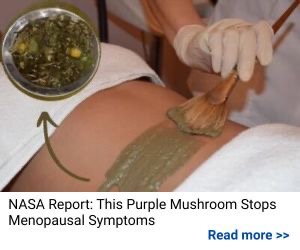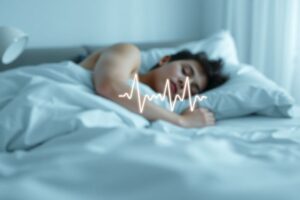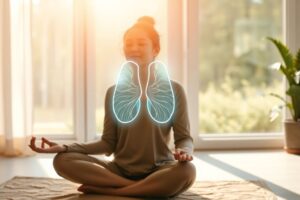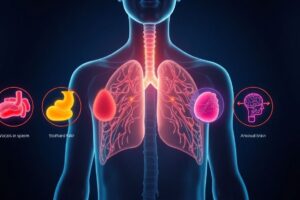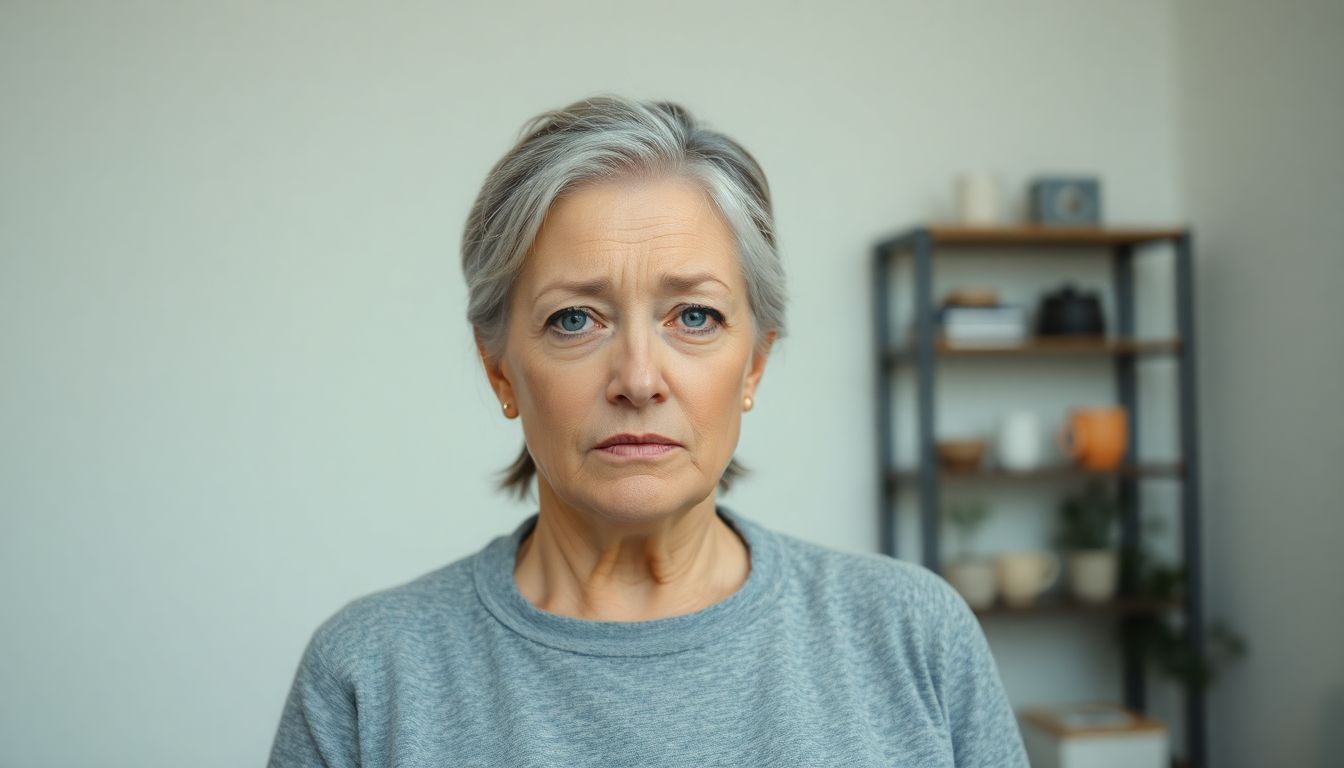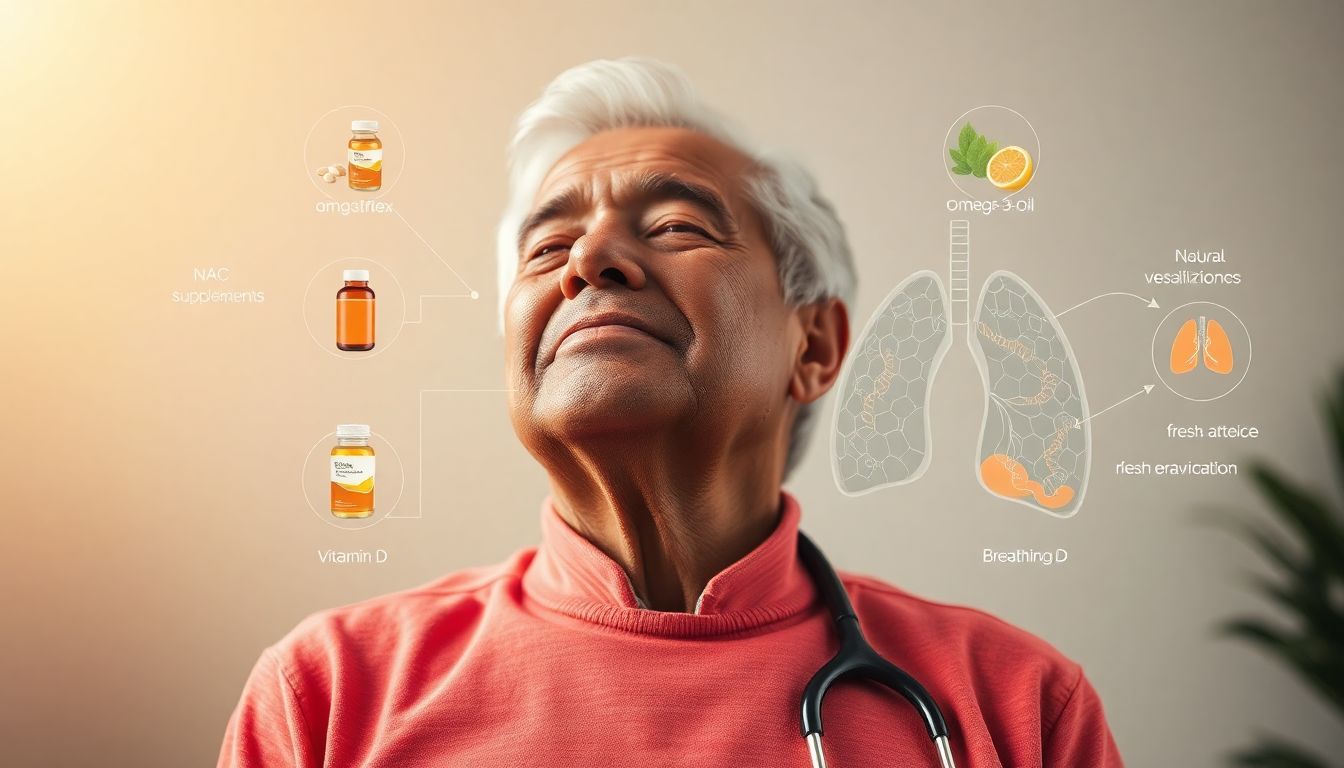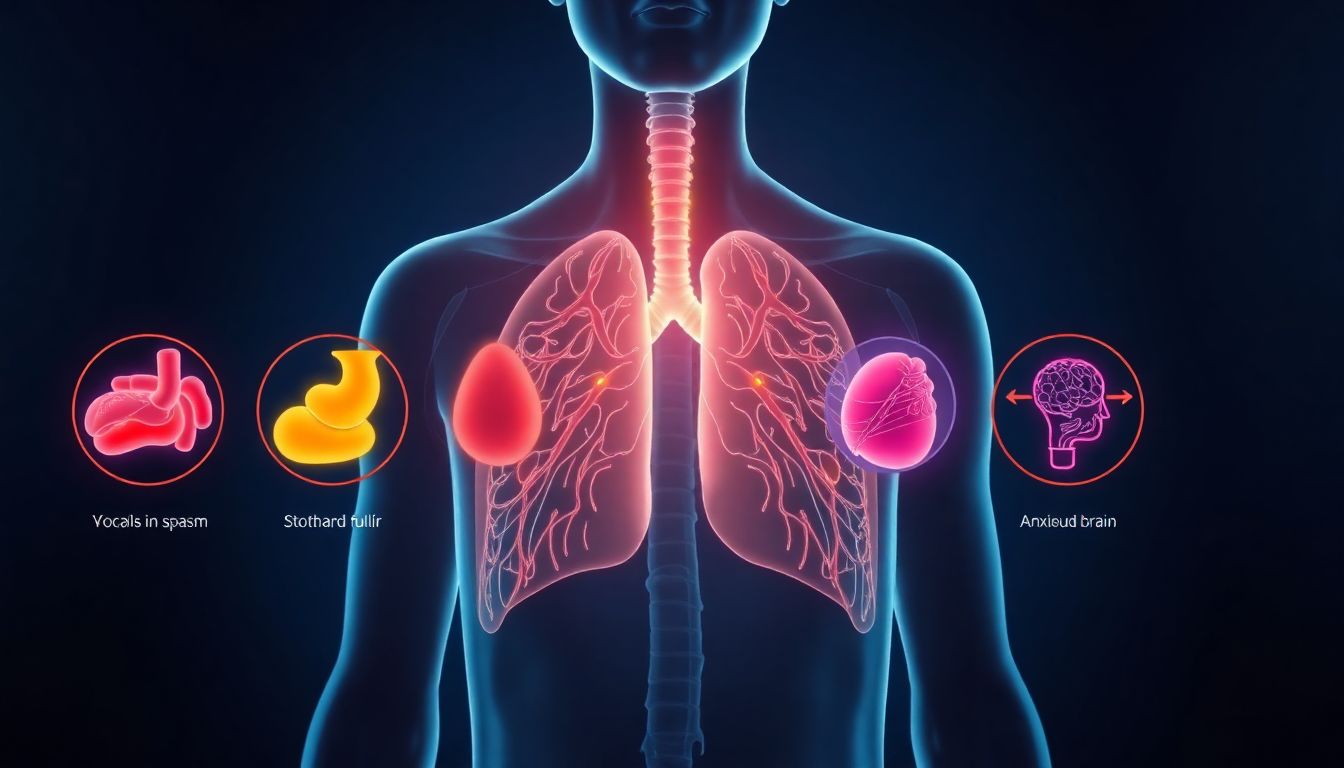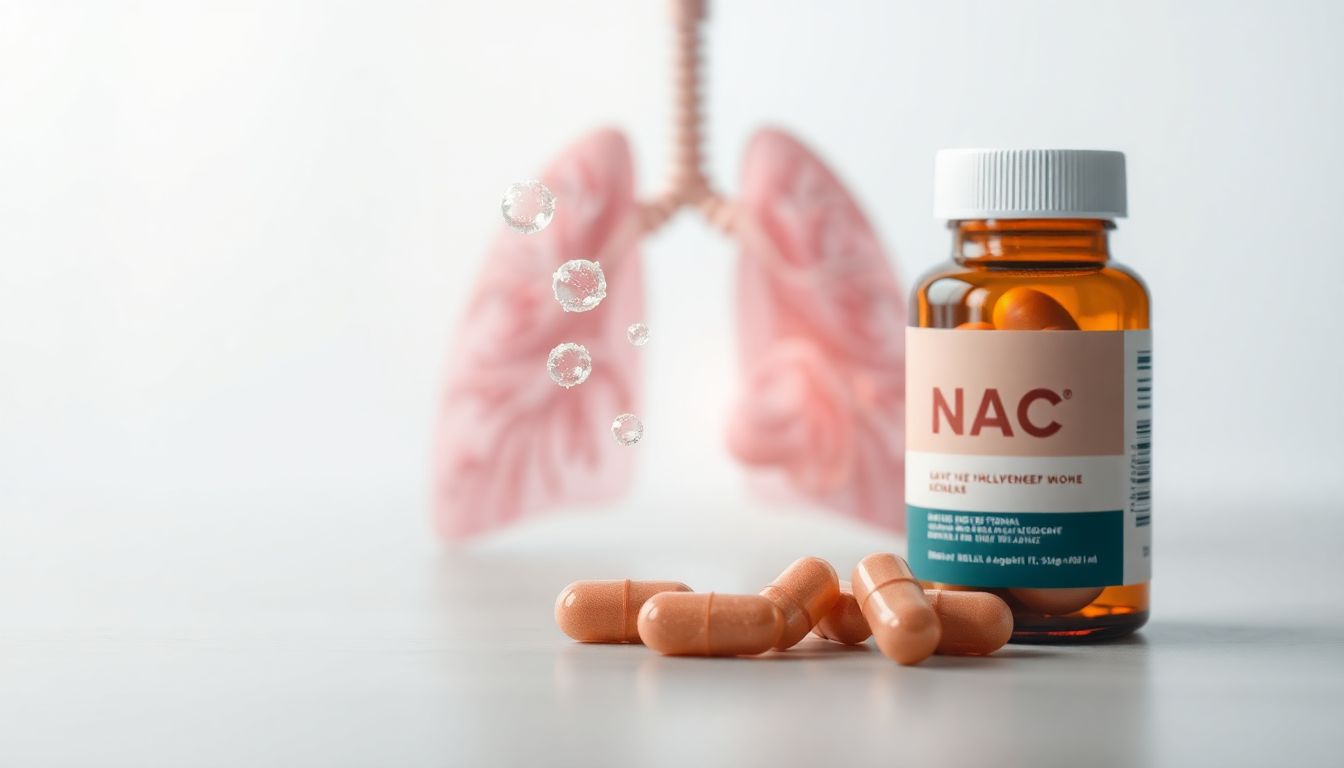Menopause is a complex transition, but knowledge and support can make it manageable. Below, you’ll find answers to every single one of your questions, categorized for clarity.
Physical Symptoms
1. Hot Flashes & Temperature Regulation
Q: How do I stop waking up drenched in sweat at night?
A: Night sweats are caused by hormonal shifts disrupting your body’s thermostat. Try moisture-wicking sleepwear (bamboo or cotton), keep your bedroom cool (60–67°F), and avoid triggers like alcohol or spicy foods before bed. If severe, low-dose HRT, gabapentin, or black cohosh (an herbal supplement) may help—consult your doctor.
Q: What natural remedies work for hot flashes?
A: Soy isoflavones (found in tofu, edamame) and flaxseeds mimic weak estrogen, potentially reducing hot flashes. Mindfulness meditation and paced breathing (6 breaths per minute) can also lessen frequency. Avoid caffeine and alcohol, which trigger flashes.
Q: Why do I feel constantly overheated?
A: Declining estrogen confuses your hypothalamus (your body’s thermostat). Dress in light layers, use a cooling neck wrap, and sip iced water throughout the day. If overheating is extreme, rule out thyroid issues with blood tests.
2. Weight & Metabolism Changes
Q: Why is weight collecting around my middle now?
A: Lower estrogen shifts fat storage from hips to abdomen, and muscle loss slows metabolism. Strength training (2–3x/week) and high-protein meals help counteract this. Limit sugar and processed carbs—they spike insulin, worsening belly fat.
Q: How can I lose menopause belly fat?
A: You can’t spot-reduce, but HIIT workouts, strength training, and stress reduction (high cortisol = more belly fat) help. Eat fiber-rich foods (berries, legumes) and prioritize sleep—poor rest increases hunger hormones.
3. Sleep Troubles
Q: How can I sleep better with night sweats?
A: Chill your pillowcase (try a cooling gel pad), sleep with a fan, and avoid heavy meals 3 hours before bed. If night sweats persist, ask your doctor about low-dose estrogen patches or non-hormonal options like paroxetine (an SSRI that reduces flashes).
4. Vaginal & Sexual Health
Q: Is painful intercourse normal? How can I fix it?
A: Vaginal atrophy (thinning/dryness) is common but treatable. Water-based lubes (like Sliquid) help short-term. For long-term relief, vaginal estrogen creams (Estrace) or hyaluronic acid suppositories (Revaree) restore moisture. Pelvic floor therapy can also help with discomfort.
Q: Why has my libido disappeared?
A: Low estrogen/testosterone dampens desire, and discomfort from dryness doesn’t help. Address physical issues first (lubes, vaginal estrogen), then explore sensate focus exercises (non-sexual touch to rebuild intimacy). If emotional blocks exist, therapy can help.
Q: How do I explain low libido to my partner?
A: Say: “My body is changing, and it’s not about you. I still love you, but I need patience.” Suggest alternate intimacy (cuddling, massage) while you work on solutions together.
5. Skin, Hair, and Appearance
Q: Why is my hair thinning?
A: Lower estrogen extends the hair’s “resting phase,” causing shedding. Try minoxidil (Rogaine), collagen peptides, and iron/B12 supplements (if deficient). Avoid tight hairstyles that pull on roots.
Q: How can I deal with dry, itchy skin?
A: Hyaluronic acid serums and ceramide creams (CeraVe) lock in moisture. Omega-3s (fish oil) and drinking more water help from within. Avoid hot showers, which strip natural oils.
Emotional & Mental Health
1. Mood Swings & Anxiety
Q: Why do I feel so angry/irritable?
A: Hormone fluctuations disrupt serotonin, making emotions feel amplified. Exercise, deep breathing, and magnesium supplements can help stabilize moods. If rage feels uncontrollable, SSRIs (like fluoxetine) or therapy may be needed.
Q: Why do I cry at small things now?
A: Estrogen affects GABA (a calming neurotransmitter). Be kind to yourself—this is hormonal, not “overreacting.” Journaling or talking to a therapist helps process emotions.
Q: How can I stop feeling like I’m going crazy?
A: Menopause can mimic anxiety disorders due to hormonal chaos. Track symptoms to see patterns, and remind yourself: This is temporary. Cognitive Behavioral Therapy (CBT) is highly effective for menopause-related distress.
2. Brain Fog & Memory Issues
Q: How can I focus better at work?
A: Break tasks into smaller steps, use reminder apps (Todoist), and try lion’s mane mushroom supplements (may support cognition). Sleep, hydration, and omega-3s (salmon, walnuts) are critical.
Q: Is this brain fog normal?
A: Yes—estrogen supports memory, so its decline causes lapses. Most women regain clarity post-menopause. If fog is severe, rule out thyroid issues or vitamin deficiencies.
Social & Relationship Challenges
1. Work & Professional Life
Q: How do I manage menopause while working full-time?
A: Keep a desk fan, cooling towel, and spare blouse at work. Schedule demanding tasks before midday (when hot flashes peak). If comfortable, tell HR or a trusted colleague—many workplaces offer accommodations.
Q: How can I dress professionally but stay cool?
A: Linen blazers, moisture-wicking blouses, and layered outfits let you adjust quickly. Avoid synthetic fabrics (polyester traps heat).
2. Relationships & Family
Q: How do I deal with dismissive family members?
A: Say: “I know you can’t feel what I’m feeling, but this is real for me. I need support, not skepticism.” Share articles or doctor’s notes to validate your experience.
Q: How do I talk to my teenage daughters about menopause?
A: Frame it as a natural transition: “Just like you had puberty, my body is changing too. It might make me moody sometimes, but it’s not about you.” Normalize open conversations.
Medical & Long-Term Health
1. Hormone Therapy & Safety
Q: Is HRT safe?
A: For most women under 60, benefits (relief from flashes, bone protection) outweigh risks if used short-term (under 5 years). Avoid if you have blood clot or breast cancer history. Transdermal estrogen (patches) is safer than pills.
Q: What’s the safest treatment for severe symptoms?
A: Low-dose HRT (if no contraindications) or non-hormonal options like:
- SSRIs (paroxetine for hot flashes)
- Gabapentin (for night sweats)
- Ospemifene (for vaginal dryness)
2. Bone & Heart Health
Q: How can I prevent osteoporosis?
A: Weight-bearing exercise (walking, dancing), 1,200mg calcium/day (food + supplements), and vitamin D (2,000 IU/day) are key. Ask about bone density scans at 50+.
Q: Does menopause really increase heart disease risk?
A: Yes—estrogen protects arteries, so its drop raises risk. Cardio (30 min/day), omega-3s, and blood pressure checks are crucial.
Emotional Acceptance & Self-Care
Q: How do I cope with grieving my younger self?
A: Acknowledge the loss—menopause marks the end of an era. But reframe: “I’m entering a phase of wisdom and freedom.” Therapy or menopause support groups help process this transition.
Q: How can I feel sexy again?
A: Redefine sexy—confidence comes from self-care, not just looks. Try:
- Lingerie that feels good (soft fabrics, no wires)
- Sensual (not sexual) touch (massages, baths)
- Celebrating what your body CAN do
Final Thoughts
Menopause is a transformative journey, not just a list of symptoms. Track your symptoms, advocate for care, and lean on support. You’re not alone – millions of women are navigating this too.
